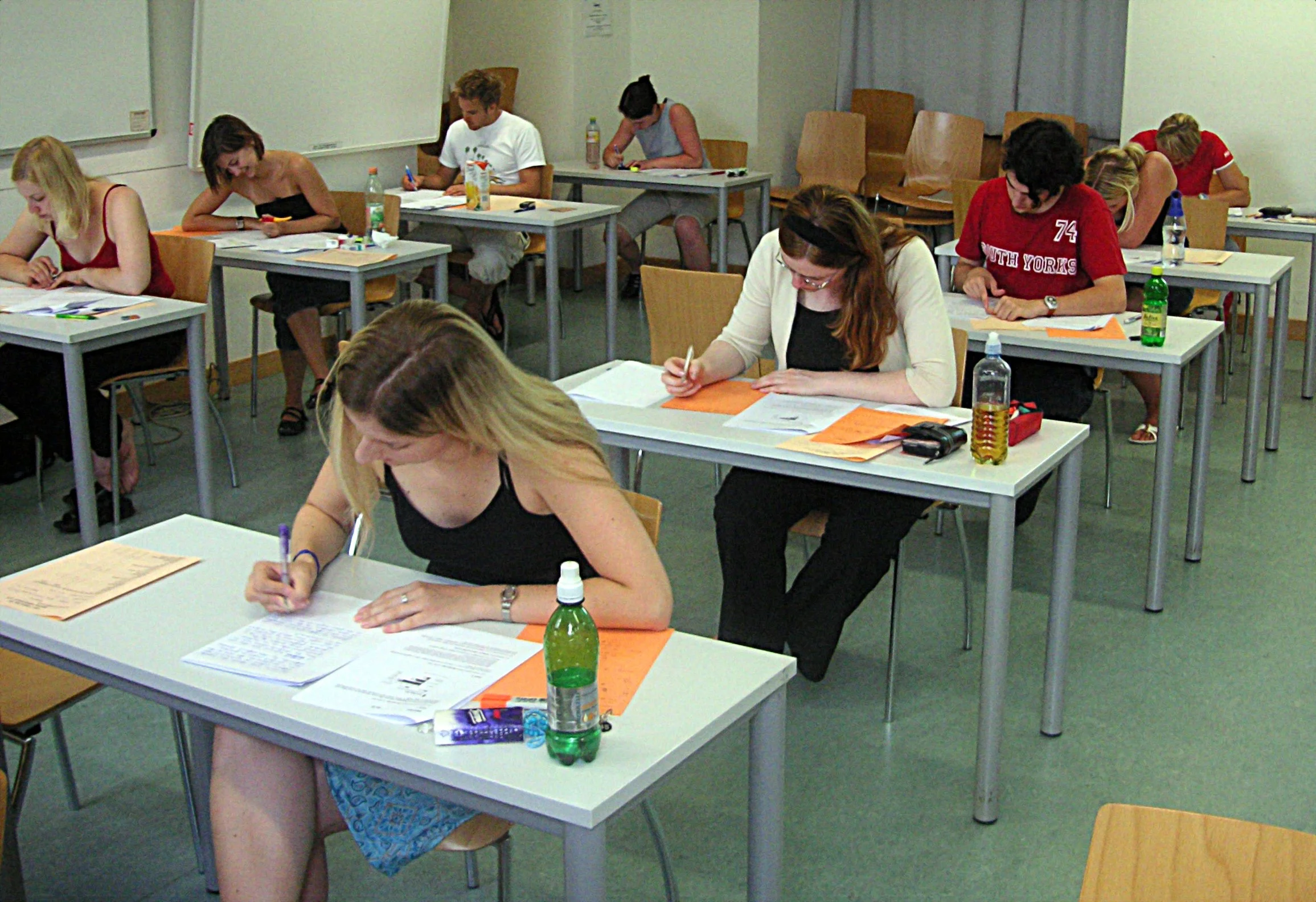Breaking Down Barriers
Why the SAT and ACT Should be Free
As the college application season kicks into high gear, thousands of high school students across the United States are facing a daunting and expensive hurdle: the SAT and ACT exams. These standardized tests have long been a staple of the college admissions process, but the hefty price tags attached to them are creating an unfair barrier to entry for many students. It's time to make the SAT and ACT free for all students.
The cost of taking the SAT or ACT can range from $50 to over $100 per test, depending on the location and any additional services required. For many families, these costs are simply out of reach. According to a report by the National Association for College Admission Counseling, students from low-income families are significantly less likely to take the SAT or ACT than their wealthier peers. This creates a self-perpetuating cycle of disadvantage, where students who are already at a disadvantage are further hindered by their inability to access these crucial exams.
But the benefits of making the SAT and ACT free extend far beyond issues of economic equity. By removing the financial barrier to taking these exams, we can help to level the playing field and ensure that all students have an equal opportunity to succeed. This, in turn, can help to increase diversity and representation on college campuses, which is essential for creating a more inclusive and vibrant academic community.
“Another issue is that the presence of economic biases hinders these tests from being fair,” Miranda Knowles wrote in “Future or Failure: Why We Should Abolish the SAT and ACT”. “With the SAT costing $55 and the ACT costing $60, some families may be only able to afford to take the test once.”
Furthermore, making the SAT and ACT free would also help to alleviate some of the stress and anxiety that often accompanies the college application process. Students would no longer have to worry about scraping together the funds to take the test or choosing between taking the test and other essential expenses. This would allow them to focus on what matters: preparing for the test and showcasing their skills and knowledge to college admissions committees.
Of course, there are costs associated with administering the SAT and ACT, and making them free would require significant funding. However, there are several potential solutions to this problem. For example, the College Board and ACT, Inc. could work with government agencies and private foundations to secure funding for free testing. Alternatively, colleges and universities could consider eliminating the SAT and ACT requirement, as some institutions have.
Making the SAT and ACT free is a crucial step toward creating a more equitable and inclusive college admissions process. By removing the financial barrier to taking these exams, we can help to level the playing field and ensure that all students have an equal opportunity to succeed. It's time for policymakers, educators, and testing companies to come together and make this vision a reality.



